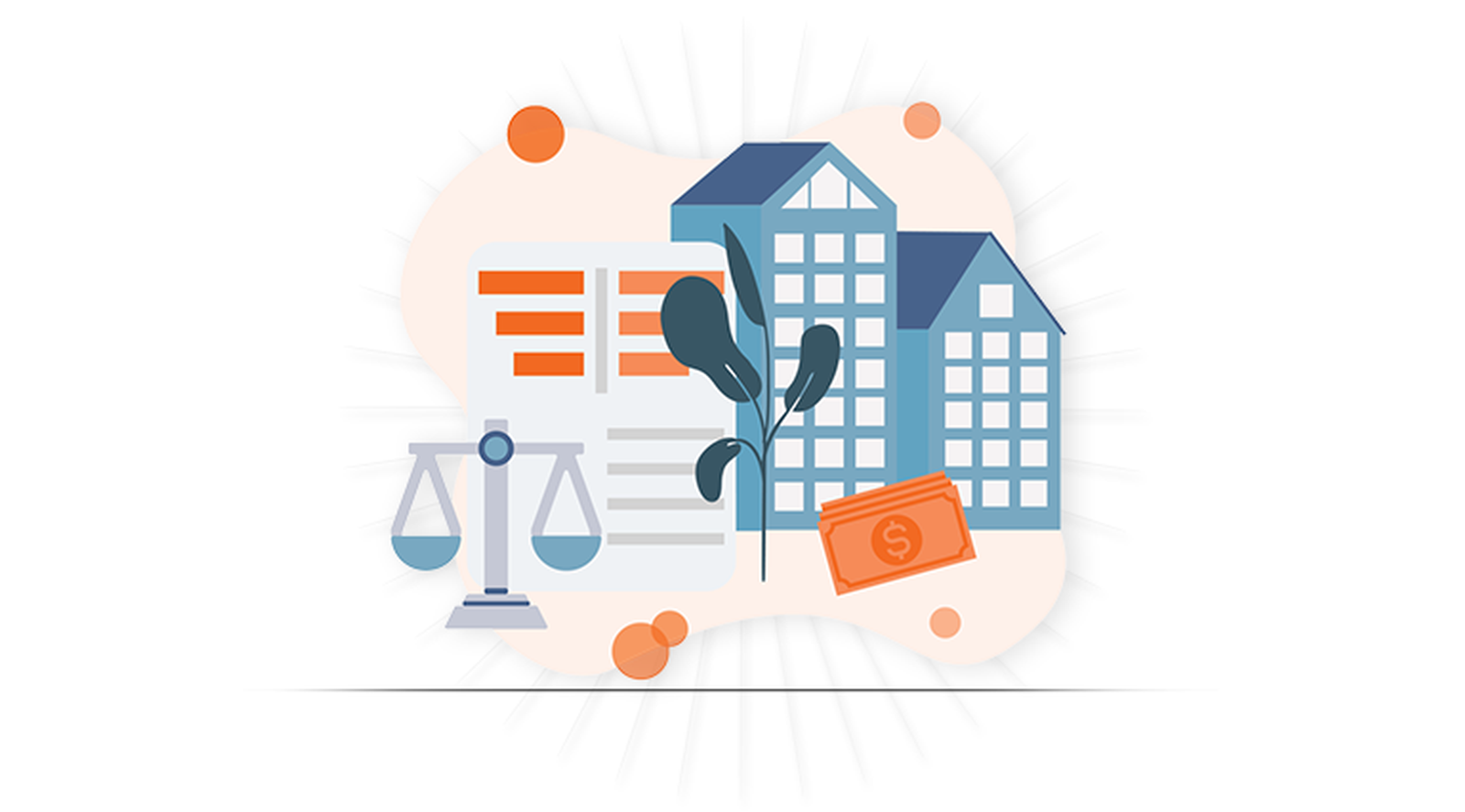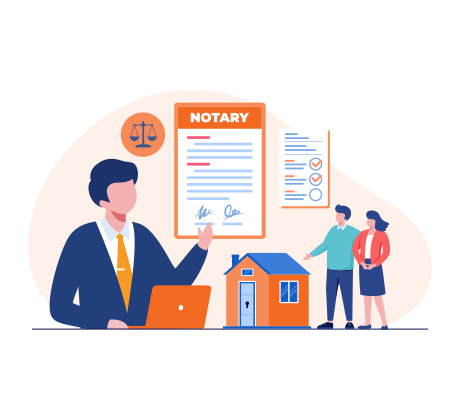Estate planning is a crucial aspect of personal financial management that ensures your assets are distributed according to your wishes after your passing. In Ontario, Canada, estate planning involves several legal considerations, including making a will and powers of attorney. A will outlines how your assets will be distributed, while powers of attorney designate individuals to make financial and healthcare decisions on your behalf if you become incapacitated.
Trust Marwah Law to guide you from start to finish

Fully Virtual Legal Services Offered Across Ontario:
At Marwah Law, we prioritize convenience and accessibility for our clients. That's why we are proud to offer fully virtual legal services across Ontario. Our virtual services eliminate the need for in-person meetings, saving you time and allowing for flexible scheduling.

Pay Once Using Our Fixed-Fee Model:
At Marwah Law, we believe in transparency and providing our clients with cost-effective solutions. That's why we offer a fixed-fee business model for our services. Our pricing structure is designed to provide clarity and predictability, enabling you to budget effectively for all your legal needs.

Multiple Physical Locations Across Ontario:
While our virtual services offer convenience, we understand that some clients prefer face-to-face interactions. That's why, in addition to our virtual services, Marwah Law has multiple physical locations across Ontario. Our strategically situated offices provide the opportunity for in-person consultations and meetings when necessary.

The Importance of Making a Will and Powers of Attorney
Making a will and powers of attorney is essential for several reasons. Firstly, it allows you to have control over how your assets are distributed. Without a will, the distribution of your assets will be determined by the laws of intestacy, which may not align with your wishes. Secondly, a will allows you to appoint an executor who will handle the administration of your estate. This ensures that your affairs are managed efficiently and in accordance with your instructions. Lastly, powers of attorney ensure that trusted individuals can make important decisions on your behalf if you are unable to do so yourself.
Our Comprehensive Legal Support for Wills and Estates
Marwah Law specializes in providing complete legal support for wills and estates, ensuring your assets are protected, and your wishes are carried out. Our experienced team assists with will drafting, estate planning, and the necessary documentation for a seamless transfer of wealth.
Frequently Asked Questions
Whether you’re buying, selling or refinancing your home, one of the most important people you’ll work with is your real estate lawyer. No matter which process you’re going through, your lawyer’s overall responsibility is to make sure your paperwork is filed, your rights are protected and your transaction goes through. Here’s a breakdown our duties, and answers to some of the most frequently asked questions about working with real estate lawyers.
- What is a Will?
- What assets are not covered by your Will?
- Who can make a Will?
- What is an Executor?
- How do I appoint a Guardian for my children?
- What is Probate?
- Is Probate always necessary?
- What other taxes might be payable?
- Do I need a lawyer to prepare my Will?
Will is a legal document that sets out how you intend your estate to be handled after your death. Your Will comes into effect only upon your death. During your lifetime, you can change your Will as often as you wish.
Your Will does not deal with all the property which you may own at your death. For example, the following property which you might own would not be part of your estate governed by your Will:
- Any property you own jointly with another person as true joint tenants;
- Any property such as an RRSP or life insurance policy in which you have designated a beneficiary; and
- Any trusts established while you are still living.
To make a valid Will you must be over 18 and have testamentary capacity. This means you must understand:
- what a Will is and understands that it will be legally binding upon your death;
- what property you own and its approximate value; and
- to whom you owe a legal or moral obligation to look after if you should die.
Your Will may be invalid if anyone has forced you to make your Will a certain way. Your Will may also be invalid if, at the time you make it, you suffer from any insane delusions affecting your powers of reason or judgment or if you lack testamentary capacity.
The executor gathers up the estate, pays your debts and divides what remains of your estate among the “beneficiaries,” the people named in your will to receive a share of your estate. Choose an executor you trust and who will likely still be alive when you die. Carrying out the terms of your Will may be a short-term or a long-term job. Your executor will make crucial decisions and it is important that he or she should have good judgment and business sense as well as be able to relate well with the members of your family.
You should also consider such factors as availability, willingness, age, health, residency, trustworthiness, impartiality and financial stability. If you like, you can appoint more than one executor who can act together as co-executors. You should also appoint an alternate executor if the first executor is not able to act. If you have a complex estate or investments or need someone to take over the operation of a company, you may wish to name a professional executor like a trust company.
If you die without a Will (or a Deed) appointing a guardian for your children and no surviving parent has legal custody of your children, the Office of the Public Guardian and Trustee of Ontario becomes the guardians of your children. In order for a relative or other person to become a guardian of your children, that person will have to apply to the court for an order appointing him or her as guardian.
If you wish to appoint a guardian for your minor children, you should make a Will. You should always consult with the person you plan to appoint as guardian to determine if that person is prepared to assume the responsibility. You should also provide for alternate guardians in the event the person you have appointed is unwilling or unable to act.
This is the procedure by which a Will is approved by the Court as the valid last will of the deceased. Probate confirms the appointment of the person named in the Will as the executor of the estate.
Whether or not a Grant of Probate is required depends upon the type of assets in the estate and the value of those assets. Generally, financial institutions and registry offices will require probate to confirm that the estate trustee is authorized to receive the assets and funds that belonged to the deceased person. If there is a small amount of money in an account (the amount varies according to the bank and the circumstances) and a grant is not otherwise required, most banks will pay out without requiring a Grant to the executor or the intestate successors, providing an indemnity agreement is signed.
When a person dies, the law assumes that they sold their assets on the date they died, and there may be substantial capital gains on those assets. If so, the estate will have to pay tax on those gains to the Canada Revenue Agency.
An experienced lawyer will know about the rules that apply to wills and can help with estate planning so as to save money for your beneficiaries. You will have the peace of mind of knowing that your will is properly drafted and valid, and that your estate will be paid out according to your wishes.













